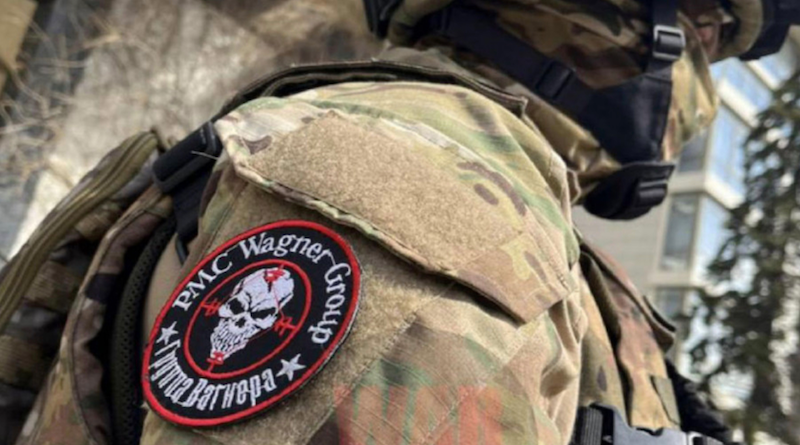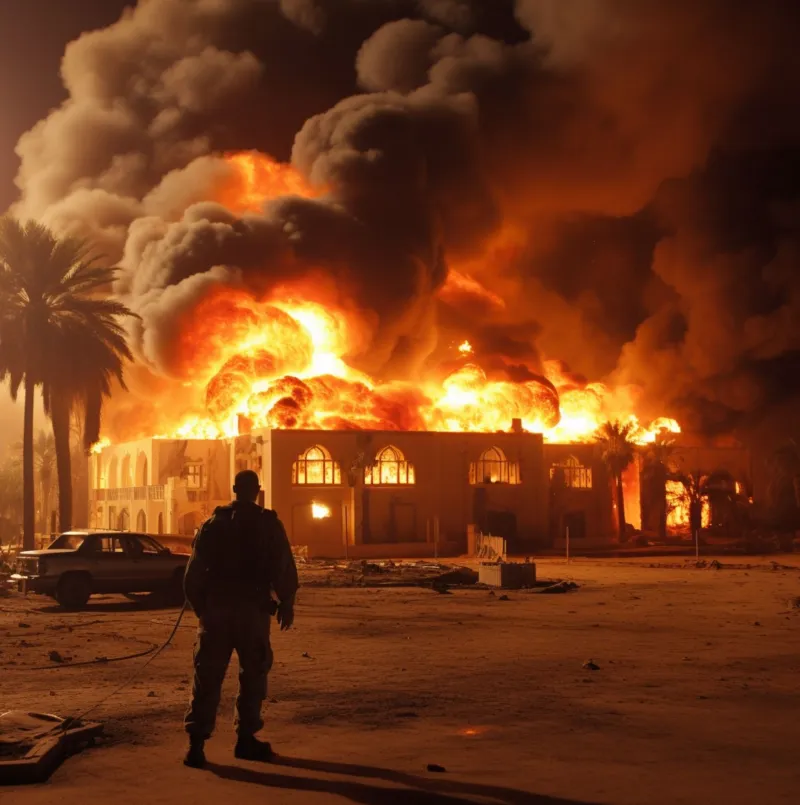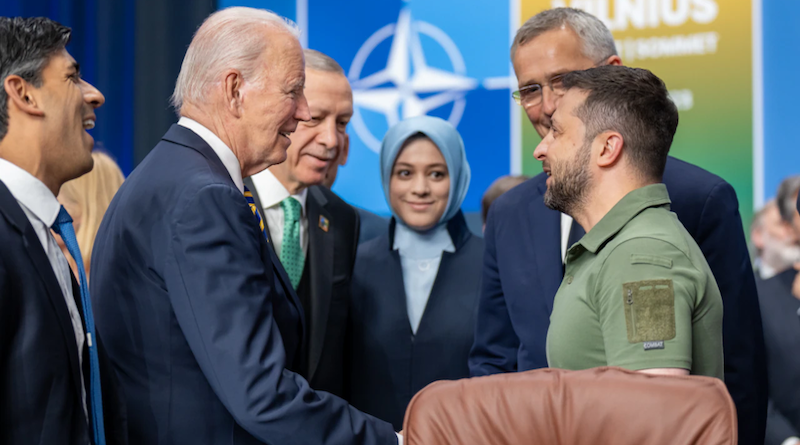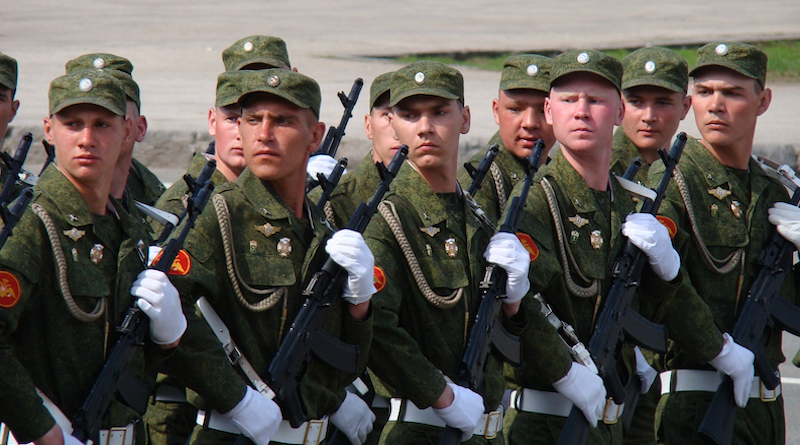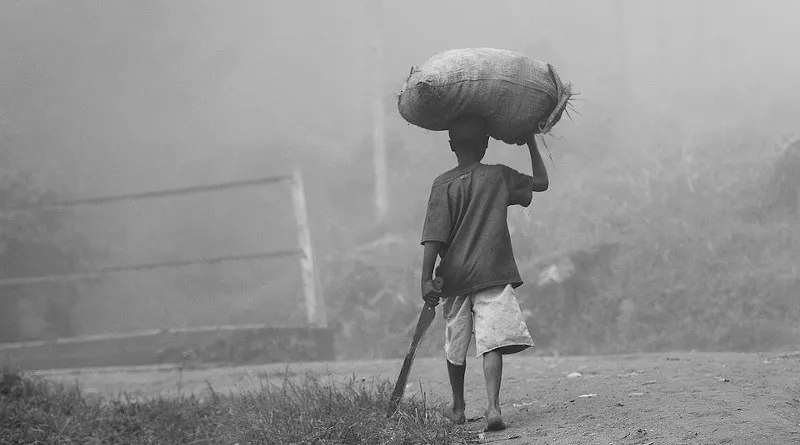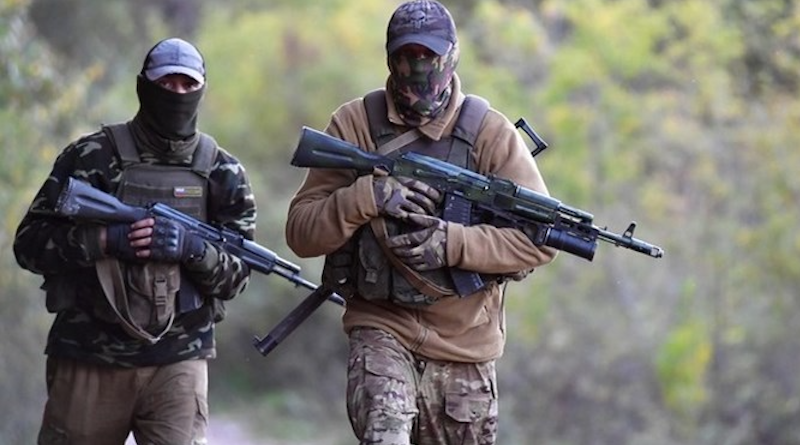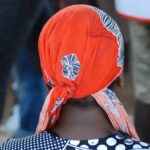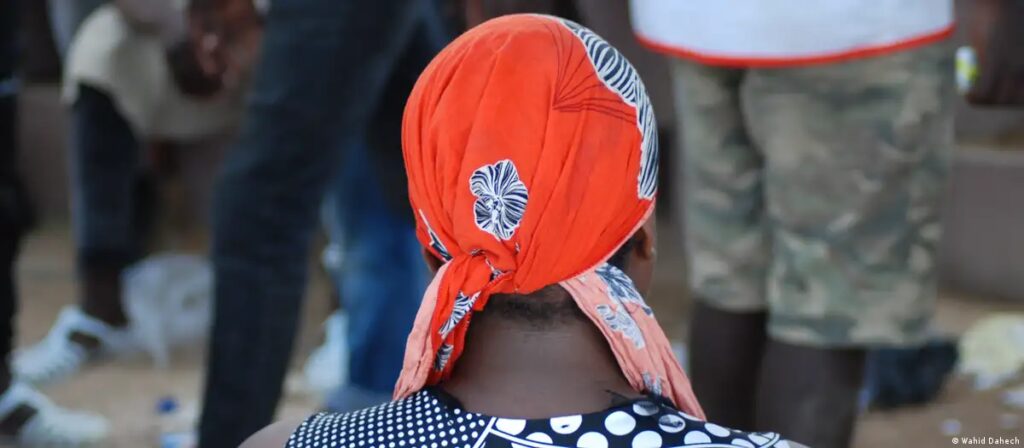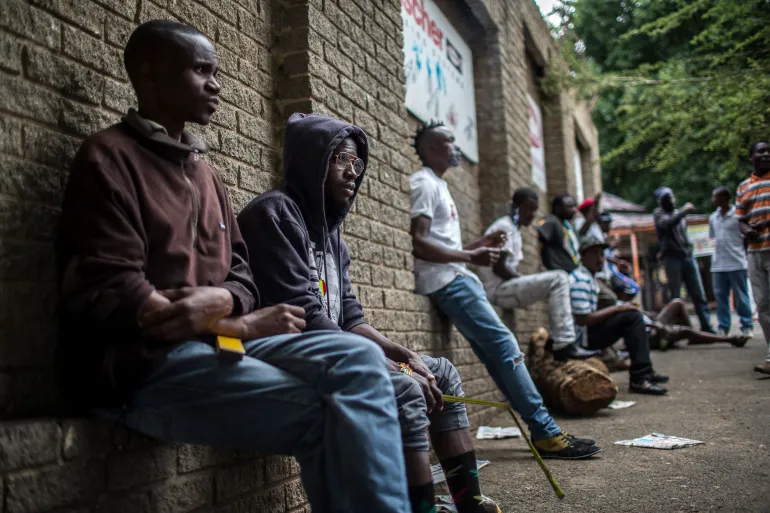2023 GLOBAL SECURITY FORUM
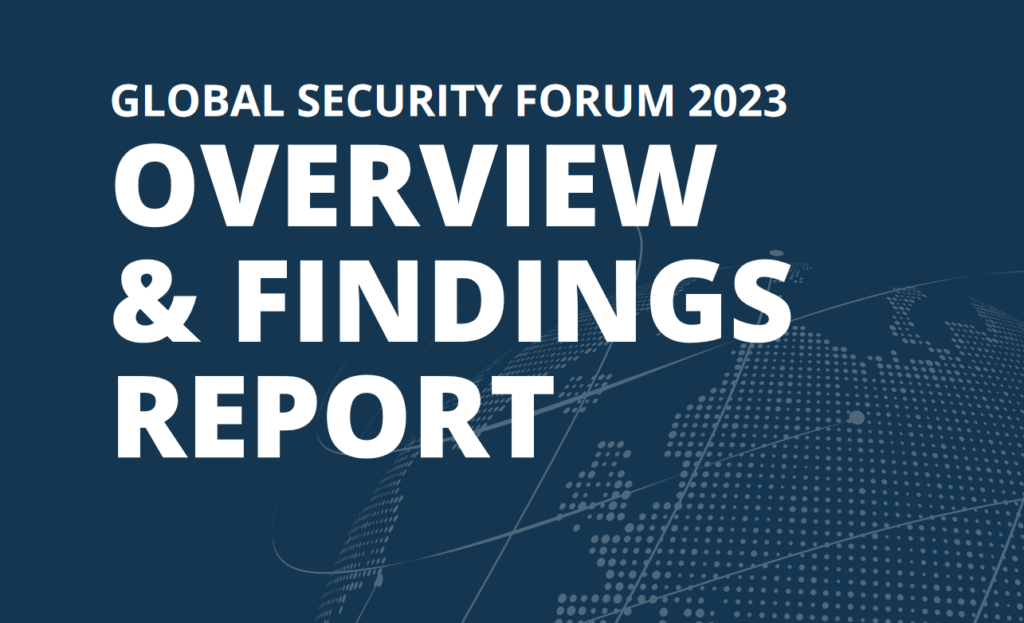
The 2023 Global Security Forum took place from March 13-15, in Doha, Qatar. The 2023 Global Security Forum theme was Reshaping the Global Order. The conference focused on international approaches to conflict, crises, and cooperation and included discussions on topics such as: the global energy crisis and approaches to strengthening sustainable economies; great power competition, shaped by the war in Ukraine; the evolution of global terrorism and emerging threats; violent far-right extremist networks and financing; and the disinformation-terrorism nexus.

